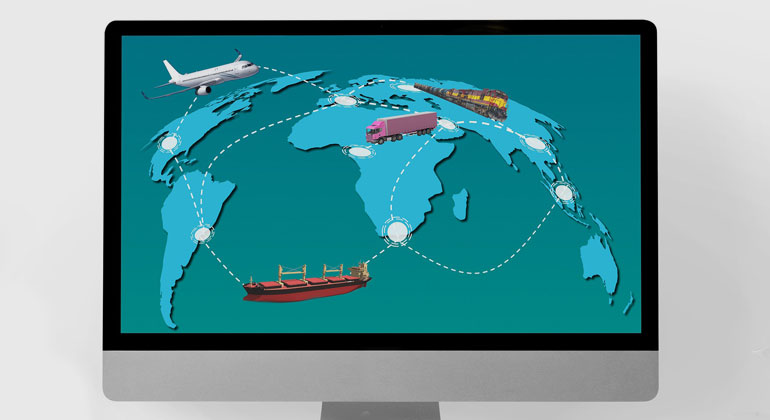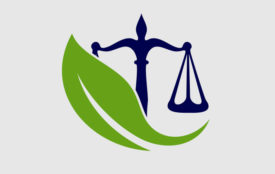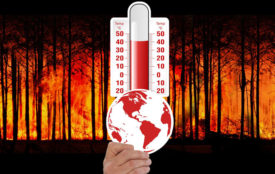The one-dollar revolution
Can we rich Europeans help reduce child labor, exploitation and pollution in poor countries, too? Yes, we can.
The European Parliament has just passed a relatively strict supply chain law. Under this law, companies from EU countries will in future be obliged to implement higher social and environmental standards in their global supplier factories. For example, a seamstress in Bangladesh used to earn 25 cents an hour. So that we in the rich countries could buy a T-shirt for 3.99 euros. This should now finally change.
Peter Spiegel and I proposed a “1-Dollar Revolution” in our book “Justice – Future for All”. That means one U.S. dollar as a minimum wage worldwide. In Bangladesh, that would be a quadrupling of the current minimum wage. This would not only be a great help for millions of workers, but also for poor countries as a whole, because their purchasing and economic power would increase enormously.
Permanent wage increases – fought for by the trade unions, were the basis for prosperity in today’s rich countries. In the last 100 years, the total economic output of mankind has increased 50-fold – but only in the rich industrialized countries. Technological opportunities will continue to expand in the coming years. Of course, this opportunity must be seized for all eight billion people. The $1 revolution is the prerequisite for this.
Today, a few dozen billionaires still have as much money as the poorer half of humanity. As much as four billion people. This is a crying injustice, the grossest human rights violation of our time. There is a chance that the EU’s supply chain law, as the most powerful economy in the world, will also be introduced at the UN level. Living wages now have a chance to be introduced globally for the first time. So do higher environmental standards.
In a just society on this rich planet, all members must be able to satisfy their basic material needs: Food, clothing, housing, work, education, security, health in an intact environment. On a spiritual level, these basic needs are called: Love, trust, hope and happiness.
The greed economy that still prevails today has nothing to do with economics in the original sense of households. An ethically based market economy, as Ludwig Erhard once meant it, is primarily oriented toward an economy for the common good and not primarily toward increasing the money of the few at any price. With the campaign slogan “Prosperity for all,” the CDU/CSU managed, for the only time in post-war history, to win an absolute majority in a federal election.
Poverty and injustice are not an inevitable fate. People are capable of learning. We can organize progress and more justice. The “Global Goals”, which the UN adopted in 2015, demand first of all that the grossest poverty will be overcome worldwide by 2030 and that no child will have to starve anymore. Progress to date shows that this goal is achievable: in 1820, 90% of the world’s population lived in absolute poverty; in 1970, it was still 60%, and in 2011, 14%. Since then, this figure has been roughly stagnant, even going up slightly in the Corona years.
In addition to the justice issue, if we are to survive, we must solve the climate issue. Our current energy diseases, dementia fossilis and dementia atomica, are curable. Any investment in renewable energy promises both ecological and economic gains. Solar and wind energy are already the cheapest energy sources globally.
In Africa, we can already produce a kilowatt hour of solar power for one cent. Soon in Germany, too. That’s what efficiency researchers predict. And they have always been right so far. This, along with the “1 dollar revolution,” is the greatest opportunity for a better and fairer world. Mainly in the sun-rich countries.
The sun still does not send us a bill. It is the source of all life and it shines for everyone.
Source
Franz Alt 2023 | Translated with www.DeepL.com/Translator (free version)








